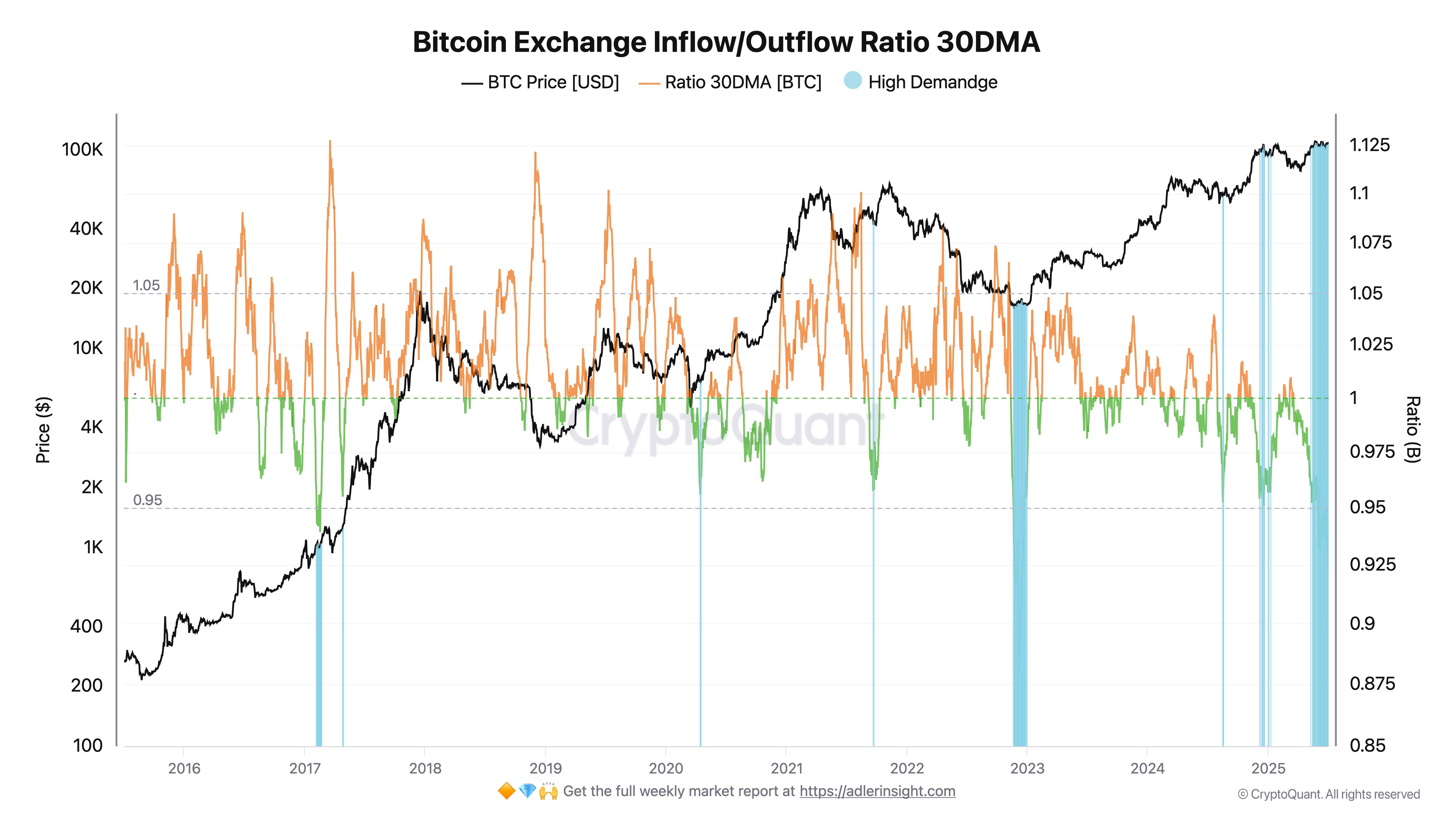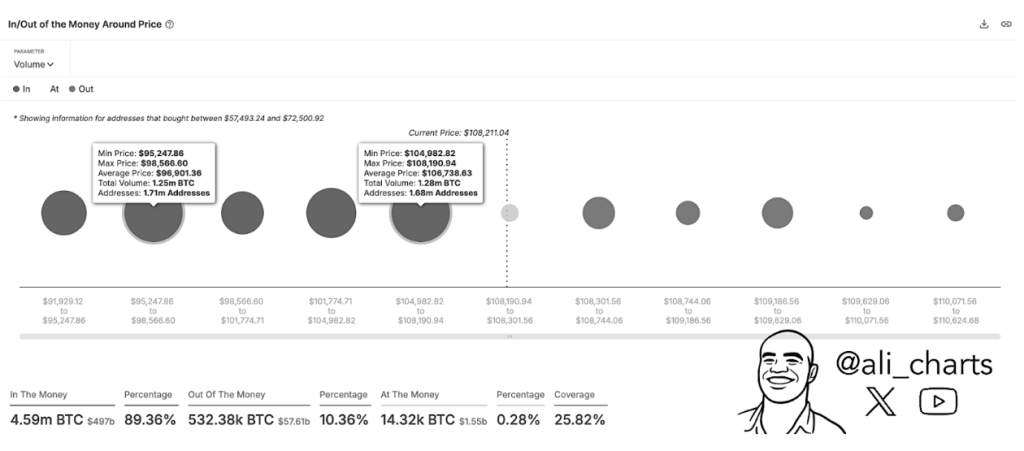
Distributed Ledger Technology, Decentralization and the Digital World
We are in the era of the modern economic landscape and digital currencies. Decentralization is the new normal. Finance and technology are changing the way we live. They have bought-in easy trading, payments, and financing. Today’s developments are digital in reality, and the increased usage of Distributed Ledger Technology (DLT) ultimately made the markets more secure and faster.
Digital currencies, decentralized finance, DLT are transforming the industries with innovative solutions and changing the traditional way of financing. The digitization of the money, the new global ecosystem, and the impact of new technologies added to the brand living in the finance space. Otherwise, the world opaque and volatile transaction cost, lack of transparency, time-consuming payments, and expensive cross-border remittances would have still bothered us!
Of course, we are all still sweating over the traditional financing systems and unable to get rid of the fundamental challenges. What is up, we never know!
From the Disruptive Technology
The blockchain has been the technological innovation that told what exactly decentralization means. It has been invisible but quick, unnoticed but smart, unrecognizable but kept up the world’s landscape.
From contracts, transactions, record-keeping to the distribution of the ledgers across the networks, it has redefined the traditional economic system. It followed a set of protocols, procedures, and established rules to pursue borderless transactions.
The technology behind Bitcoin and other digital currencies, blockchain, came up with this strong nature of openness powered by a distributed ledger that records and verifies transactions between two parties. In no time, it has become inevitable in fintech space and, of course, other industries too. Blockchain was programmed to verify and record transactions in a decentralized form, making it difficult to modify the data.
Although the changes are made, it records all the modifications and shares it with all the participants in the network. The entire database and the complete history will be on track; no single party controls the data. The databases are protected from unauthorized access and fraudulent activities. Every task, every process, every payment are digitally stored and validated by the blockchain. Above all, the entire process on the blockchain will remain free from go-betweens. Do you see the immense potential of blockchain technology?
To Innovate the Innovation
The blockchain has been challenging for years. The model was quite strange, but it has now transformed into a “necessity.” It has the great potential to change systems and structures in society. However, the impact is still in the nascent stage, at least for now. It has just begun to shine from the embryonic phase. In a short time, we will see blockchain creating a super-storm bringing in steady waves of technology.
A New Generation of Companies
With the growing technology and unprecedented transparency, the new generation of companies are creating transformative applications to change the business landscape. The potential newcomers are relatively gaining extensive spread over the traditional businesses. All these companies are now being built on the peer-to-peer architecture and coordinating through distributed networks of users.
For instance, think of eBay. The company changed online retail through auctions, and Napster, perhaps, changed the music industry. Well, Skype also changed telecommunications, and Google exploited user-generated links to provide more relevant results. All the companies are desperately using blockchain technology to track items through complex supply chains.
Introduced in 2008, Blockchain topped the internet. It revolutionized the fintech space and brought various ideas on virtual currency systems with no central authority running it. Thanks to Bitcoin!
Blockchain-based records of transactions have improved the core functionality of the business. These records are helping companies to improve their performance, planning, and execution strategies. Blockchain systems have eventually settled human errors and interventions.
We probably see more transformative applications are coming into play, with the prevention of money laundering, low-cost and instant settlements, transparent and traceable transactions. We will see more Googles and many more Facebooks coming into the picture. Those are flexible, smooth, unique, and robust possibilities.
Soon, you as a reader will be able to live the blockchain and see wonders running around you!



